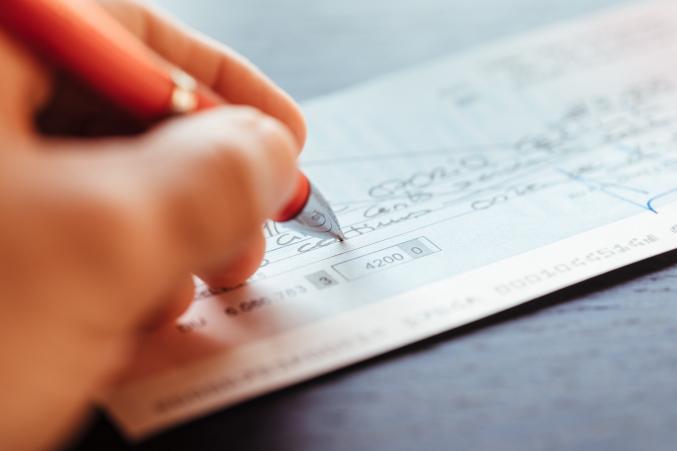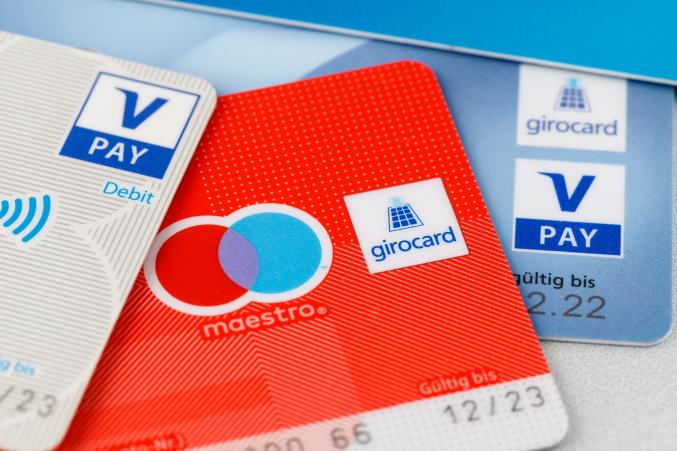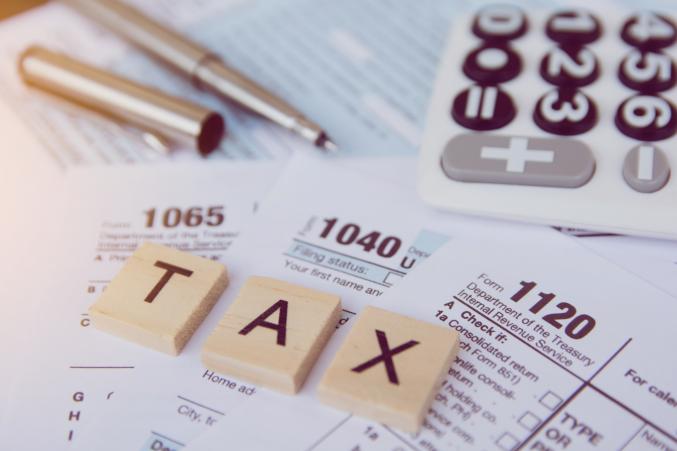Foto: Markus Mainka - stock.adobe.com
Banking, finances and taxes
Even though we live in a global digital world, each country has its own way of doing things when it comes to banking and finance. It‘s important for newcomers to get to grips with the German system.
It’s pretty much essential to have a bank account if you want to live in Germany. You can’t pay the rent without one, or get paid by your employer. One of the first things you should do when you start your new job here is go down to your local bank and open an account.
There are three main types of bank: large commercial banks, full-service savings banks (Sparkassen) and credit cooperatives (Kreditgenossenschaften). The latter are the smallest of the three, with their offices located in the neighbourhoods of towns. When you go to open an account at a bank, make sure you take your passport and your residence permit or similar documents with you.
THE GIRO OR CURRENT ACCOUNT
The most common and convenient account is the current account or checking account (Girokonto), which allows you to put in and take out money as you need it. Banks will even give you a credit line, which can be up to thousands of euros depending on your regular monthly income. Most banks charge a monthly management fee for your current account, which is usually billed quarterly. If you’re used to current or checking accounts being free, you might find this practice strange.
Just a heads-up: these fees and additional charges can vary from bank to bank and sometimes add up to €300 a year. Also, some of the extra charges are tricky to spot, so it can be tough to find the best deal. The best way to find the best deal is to check out the magazine Finanztest, which is published by Germany’s leading consumer watchdog, Stiftung Warentest. Each year, Finanztest puts together a comprehensive list of banking charges. On top of that, more consumer-focused banks and most direct banks now offer free current accounts and online banking.
INTEREST BEARING ACCOUNTS
If you’re looking to earn more interest on your savings, there are options that don’t require immediate access to your money. These include fixed-term deposits and money market accounts, with terms ranging from one month to five years. The longer you leave your money in these accounts, the more interest you’ll earn on it.
It’s also worth noting that you won’t automatically get your money back with higher interest when the fixed term runs out. If you want to get the full amount, you have to give the bank official notice before the term expires. Some banks will send you a written reminder about the end of the term and your required notice period, but others expect their customers to keep track of all these details themselves. If you don’t submit the official notice form by the right date, the account will either be rolled over for another fixed period or converted to a lower interest-bearing account, with all the aforementioned restrictions.
Direct Banking
Direct banks represent a welcome, consumer-oriented trend in the German banking sector.
Direct Debits, Checks and Balances
Most payments in Germany are made via direct debit from one account to another.
Regular Payments
If you’re making regular payments for things like utilities, insurance, rent, phone bills, tax payments, some membership fees or magazine subscriptions, it’s a good idea to set up a standing order.
Giro Card
Once you’ve opened your Giro account, you’ll be sent a bank card in the post.
Taxes
As is the case in most countries, the German tax system is complex.
Retirement, Unemployment and Nursing Care Insurance
As a general rule, social welfare contributions are split pretty evenly between employer and employee.









